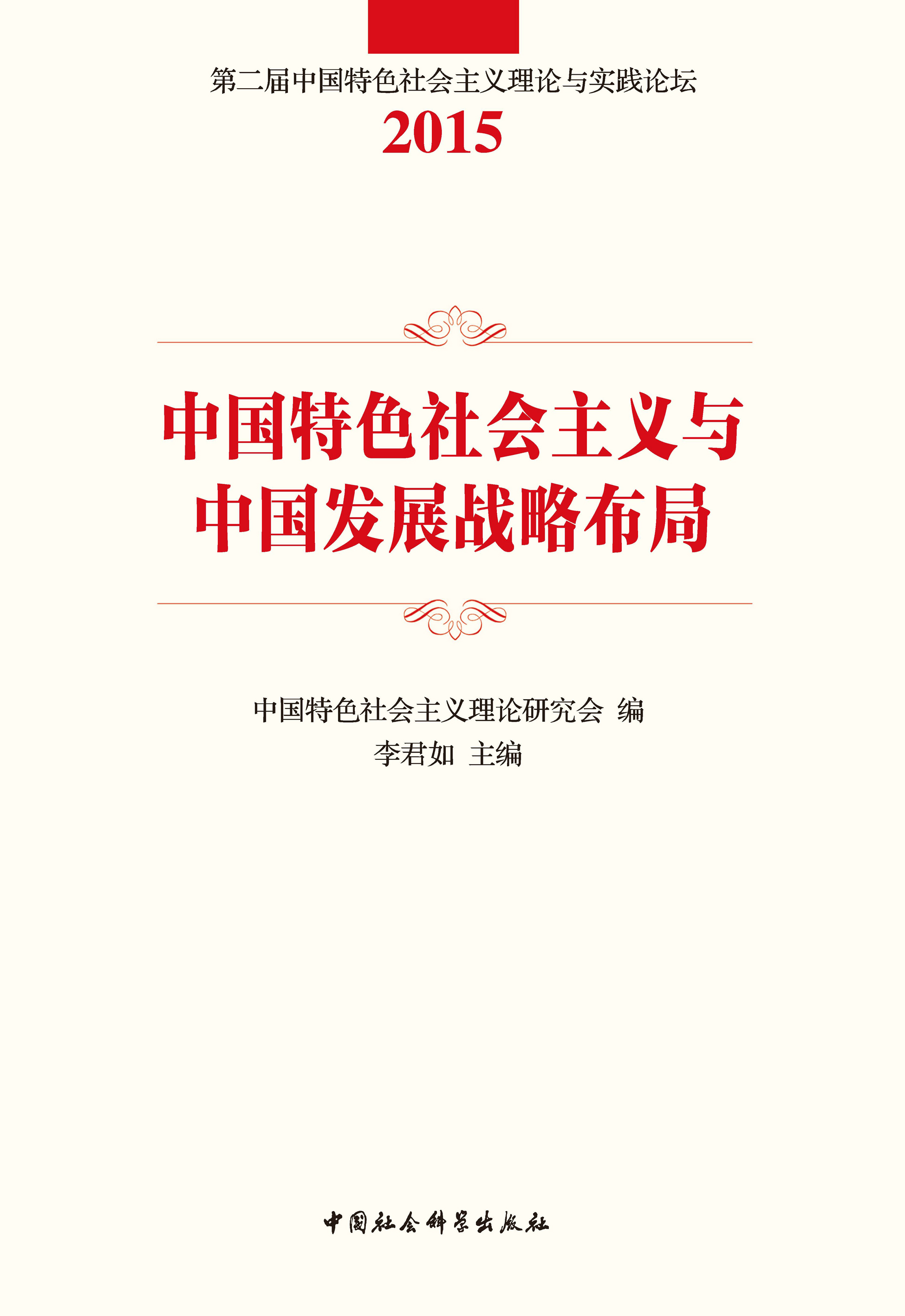
内容简介
作者简介
目录
目录
Preface Understanding China’s Values
Chapter I Introducing Traditional Chinese Values
1.1 Pursuing the Intrinsic Meaning of Life
1.1.1 The oneness of nature and man
1.1.2 Internal transcendence
1.1.3 Self-cultivation
1.2 Concentrating on Intergroup Relationship and Righteousness-Gain Thought
1.2.1 Benevolence, loyalty, filial piety and moral ethics
1.2.2 Harmony in diversity, and differentiation for the sake of unity
1.2.3 The concepts of Yi-Li (righteousness-gain), and Gong-Si (public-private), Qun-Ji (group-individual)
1.3 Nursing a sense of boundless love
1.3.1 Valuing peace while avoiding conflicts
1.3.2 Universal love and rejecting aggression
1.3.3 Friendly exchanges among nations
1.3.4 Enriching the country and strengthening the army
1.3.5 Treating people as the foundation of the state
1.3.6 Achieving the great harmony in society
1.4 Complying with Natural Laws and Heavenly Moral Ethics
1.4.1 The Dao follows nature and moral ethics channels all things
1.4.2 Nature has its own laws, and humans will be elevated after they comprehend the laws of life and cultivation
1.4.3 Everything exists for a reason and harmony and moderation are favored
1.4.4 Everything is in an endless lifecycle and all things need to be thoroughly comprehended and properly handled
Chapter II Inheritance and Transition: the Formation of China’s Values in Modern Times
2.1 Values Embodied in the Efforts to“Save the Nation from Perishing”
2.1.1 Learning from foreign powers in order to empower national defense
2.1.2 Unity as foundation, reform as tools
2.1.3 Human rights, civil rights and national sovereignty
2.1.4 Remolding“national character”in the“new culture movement”
2.2 The Shift of Values During the Period of Democratic Revolution
2.2.1 The emergence of socialism
2.2.2 The early“chinese characteristic”interpretation of socialist values
2.2.3 The chinese comprehension of the evolution of socialist civilization
2.2.4 Testing marxism in China
2.3 Remolding China’s national character in modern and contemporary times
2.3.1 Awakening of national consciousness
2.3.2 The sublimation of patriotism
2.3.3 The promotion of national ethos by the CPC
2.4 The Manifestation of Socialist Spirits in Contemporary China
2.4.1 Independence and self-reliance
2.4.2 Serving people with heart and soul
2.4.3 Striving for national rejuvenation
2.4.4 Establishing a shared understanding with core socialist values
Chapter III The Values of National Development in Contemporary China
3.1 Prosperity
3.1.1 National prosperity: a dream pursued for over a century
3.1.2 New China’s efforts to enrich the country
3.1.3 Building a strong modern country of common prosperity
3.2 Democracy
3.2.1 Democracy: the choice of people and history
3.2.2 Extensive and genuine democracy
3.2.3 People are allowed to enjoy democracy in a wider scope
3.3 Civility
3.3.1 Civility: a significant symbol of social progress
3.3.2 Passing the torch of Chinese civilization
3.3.3 Promoting Chinese civilization
3.4 Harmony
3.4.1 Harmony is an important part of Chinese culture
3.4.2 Social harmony is of great importance to national development
3.4.3 Building a harmonious society
Chapter IV The Values of Social Progress in Contemporary China
4.1 Freedom
4.1.1 Freedom: a core value pursuit of contemporary Chinese people
4.1.2 Safeguarding the legitimate rights of people
4.1.3 Paying attention to the realization of genuine freedom
4.1.4 The integration of freedom, order and virtue
4.2 Equality
4.2.1 Equality: the consistent proposition of China
4.2.2 Equality is an indispensable social value
4.2.3 Everyone enjoys chances to achieve their potentials
4.3 Justice
4.3.1 Justice as the essential requirement of socialism
4.3.2 The realization of justice as the consistent pursuit of the CPC
4.3.3 Justice as something more glorious than the sun in China
4.3.4 The achievements of reform and development benefiting everyone
4.4 Rule of Law
4.4.1 Rule of law as the fundamental way of administering the country
4.4.2 Legislation in a scientific way
4.4.3 Strict law-enforcement
4.4.4 Judicial justice
4.4.5 A law-obeying country
Chapter V Value Regulations for Contemporary Chinese Citizens
5.1 Patriotism
5.1.1 Patriotism is advocated in all countries
5.1.2 Patriotism as a citizen’s inherent responsibility
5.1.3 Patriotism based on rationality and actions
5.2 Professional Dedication
5.2.1 Dedication to one’s career
5.2.2 Empty talk leads a country astray, and down-to-earth work rejuvenates a nation
5.2.3 Achieve extraordinary performance in ordinary work positions
5.3 Integrity
5.3.1 Promises must be acted out
5.3.2 People cannot establish themselves and businesses cannot flourish in the absence of integrity
5.3.3 Acting out promises and treating others with sincerity
5.4 Friendship
5.4.1 The benevolent love others
5.4.2 Friendship is like the spring breeze of a society
5.4.3 Harboring friendship and acting accordingly
Chapter VI Contemporary China’s Values and Ideals for Building a Harmonious World
6.1 Creating a Community of Shared Future for Mankind
6.1.1 The proposition of a community of shared future for mankind
6.1.2 The connotation and essence of a community of shared future for mankind
6.2 Keep Good Faith, Promote Good Will, and Conduct Friendly Exchanges Between Nations
6.2.1 China’s international outlook has a profound historical and cultural foundation
6.2.2 China’s core values in handling international relations and foreign affairs
6.2.3 China’s international outlook embodies China’s core values in international relations
Concluding Remarks
Carrying Forward the Socialist Core Values and Making Concerted Efforts to Realize the Dream of National Rejuvenation
Postscript
Bibliography
版权所有:中国社会科学出版社 备案序号: 京ICP备05032912号-1 地址:北京西城区鼓楼西大街甲158号 邮编:100720








